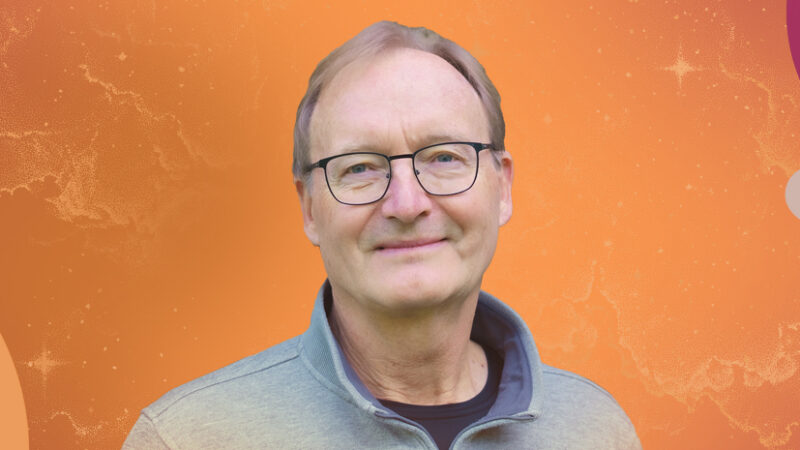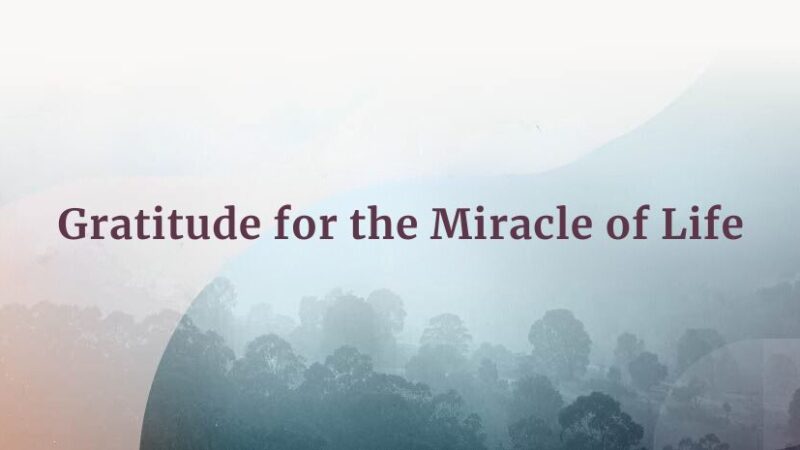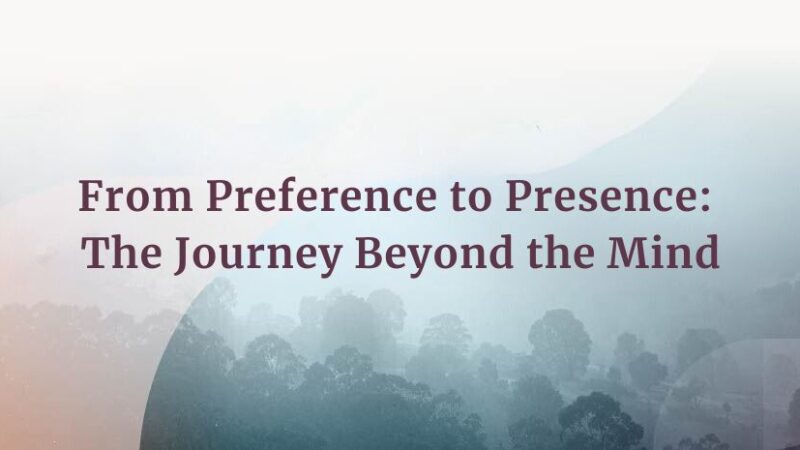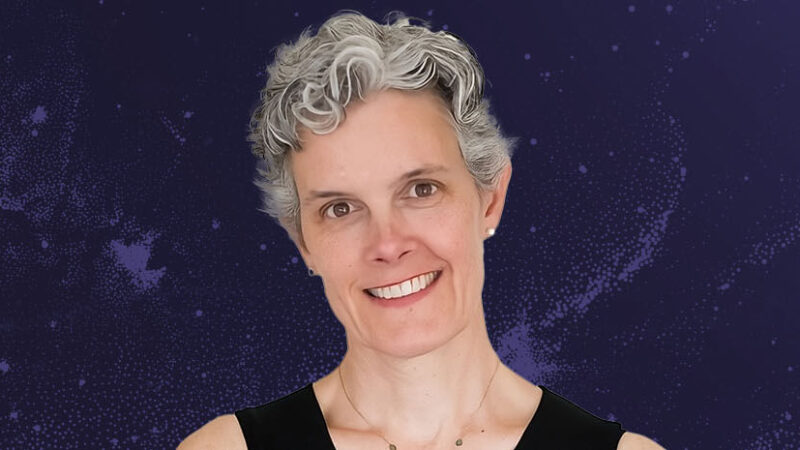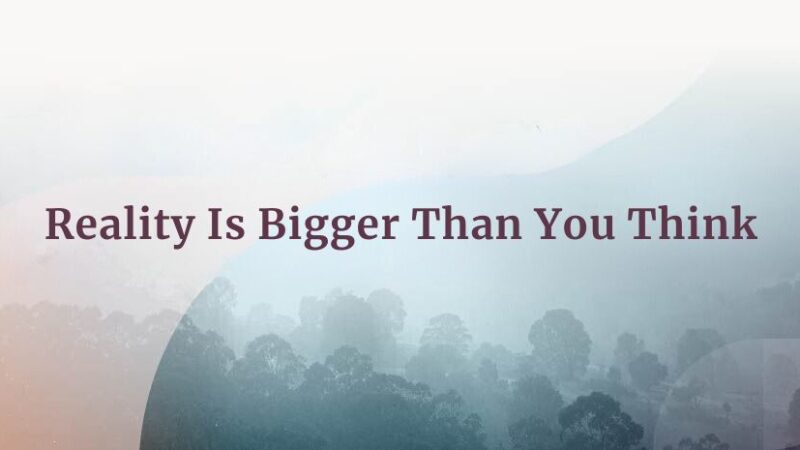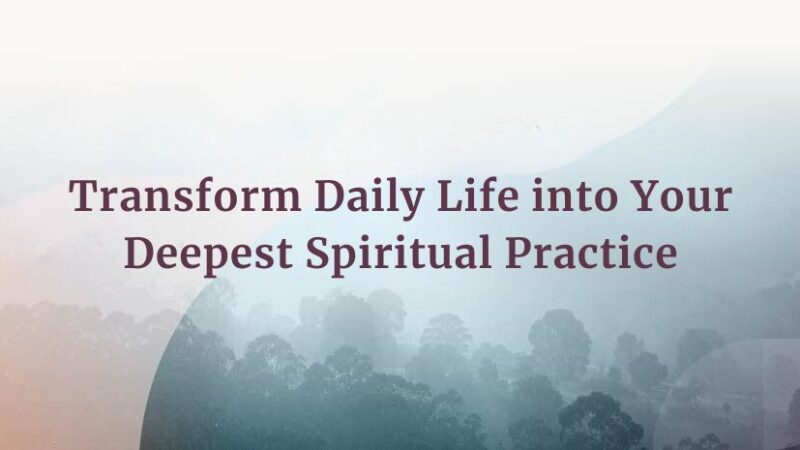Andrew Holecek: What Reincarnates? | Part 1
What happens after we die? And what do habits have to do with the process?
In this episode of Insights at the Edge, host Tami Simon welcomes Andrew Holecek, scholar, author, and teacher of Tibetan Buddhism and non-dual wisdom traditions. Together, they dive into the mysteries of reincarnation and the “gap between lives.” Drawing from Tibetan teachings on the bardos, dream yoga, and the art of dying, Andrew shares practical insights on how these ancient teachings are not just about what happens after death, but also about navigating the transitions and challenges we face here and now.
Join them to explore:
- How our beliefs about death deeply inform how we live
- The nature of awareness and the influence of habits
- How cultivating lucidity transforms both our dreams and our waking lives
Whether you’re curious about what happens after we die or seeking wisdom to live more fully, this episode offers insights for inner explorers of all beliefs and backgrounds.
Note: This interview originally aired on Sounds True One, where these special episodes of Insights at the Edge are available to watch live on video and with exclusive access to Q&As with our guests. Learn more at join.soundstrue.com.
